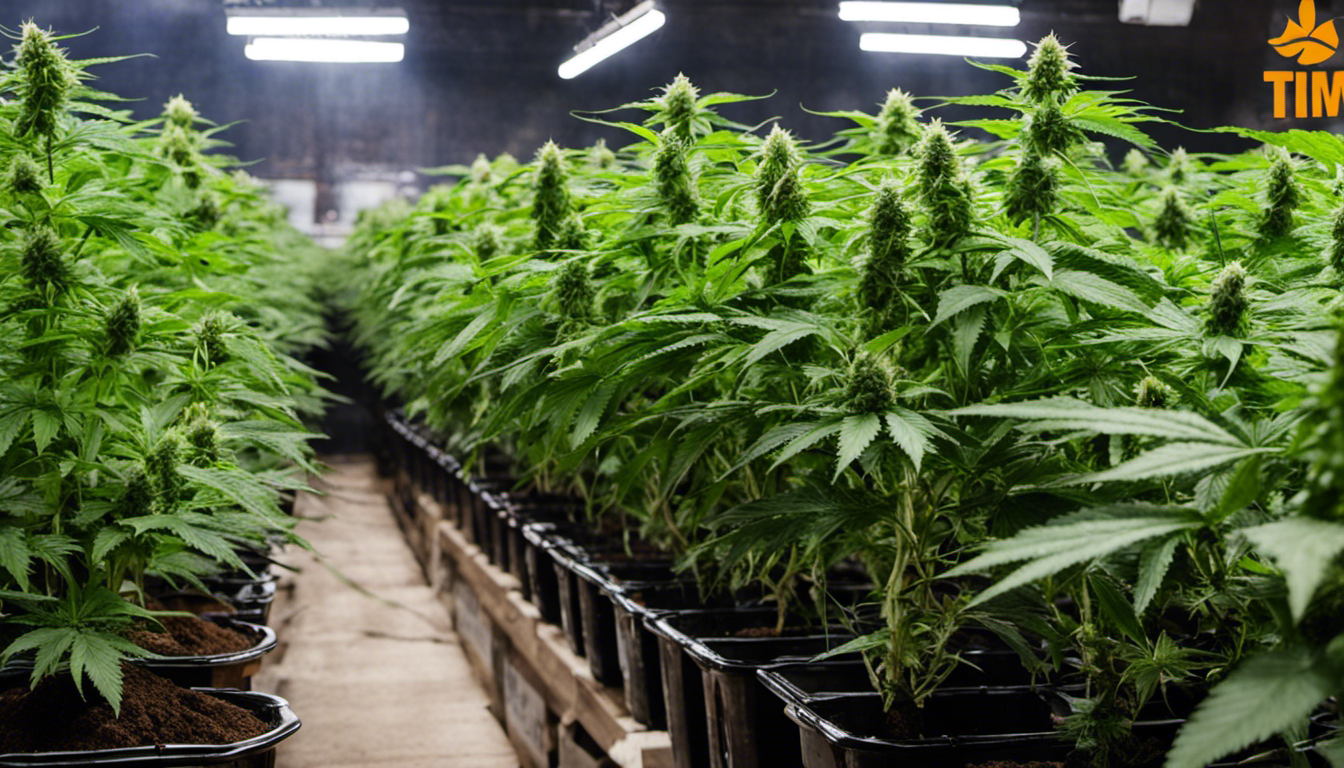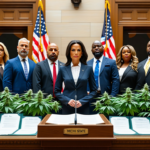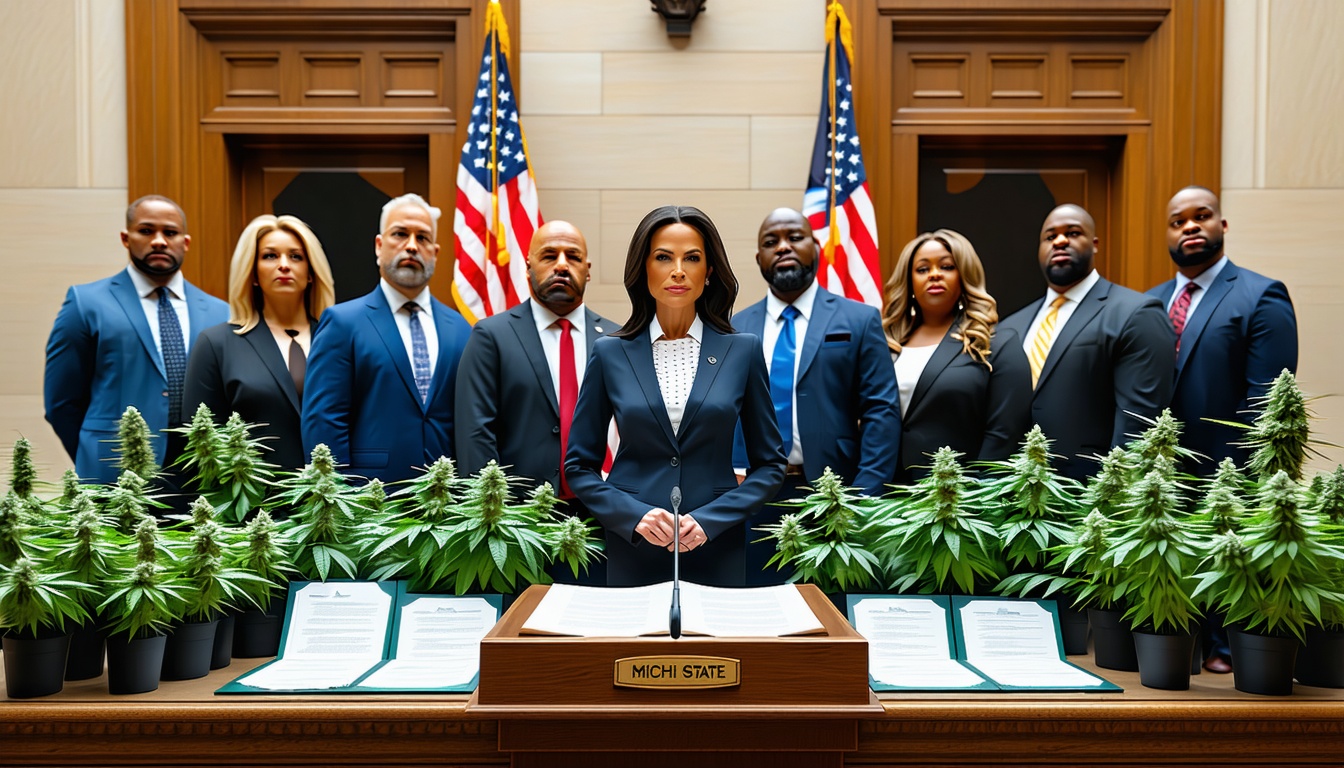Democratic Vice Presidential Candidate Tim Walz Believes Marijuana Legalization Should Be Left to States, But Electing Democrats Could Boost Federal Reform
In an interview with Spectrum News, Democratic vice presidential candidate Tim Walz expressed his views on marijuana legalization, stating that it is an issue that should be left to individual states. However, he also emphasized that electing more Democrats to Congress could make it easier to pass federal reforms, such as cannabis banking protections.
When asked if marijuana should be legalized across the United States for recreational and medical use, Walz dodged the question, saying, “I think it’s an issue for the states on some of those, and that’s the way the states have done it.” This approach is in line with his previous stance on cannabis reform, which emphasizes the importance of state-by-state approaches.
Walz did, however, highlight two incremental reform issues: medical marijuana access for veterans who receive healthcare through the Department of Veterans Affairs (VA) and passage of federal legislation that would ease restrictions for banks that do business with marijuana companies. He believes that if Democrats take control of both houses of Congress, these matters might be easier to address.
The candidate’s comments come as the Democratic ticket, led by President Joe Biden and Vice President Kamala Harris, has been criticized for its lack of a clear platform on marijuana reform. Harris, in particular, has been accused of flip-flopping on the issue, having previously spoken in favor of federal legalization but since failing to lay out a defined platform.
In contrast, Walz has a strong track record on cannabis reform, having backed numerous measures in Congress and signing a comprehensive cannabis legalization bill into law as governor of Minnesota. He has also prioritized medical cannabis access for veterans and has sponsored legislation to promote medical cannabis research.
The debate over marijuana legalization is likely to continue in the coming months, with several states set to vote on legalization measures in November. The issue has become increasingly important for many voters, who see it as a key part of a broader effort to reform the criminal justice system and promote social justice.












